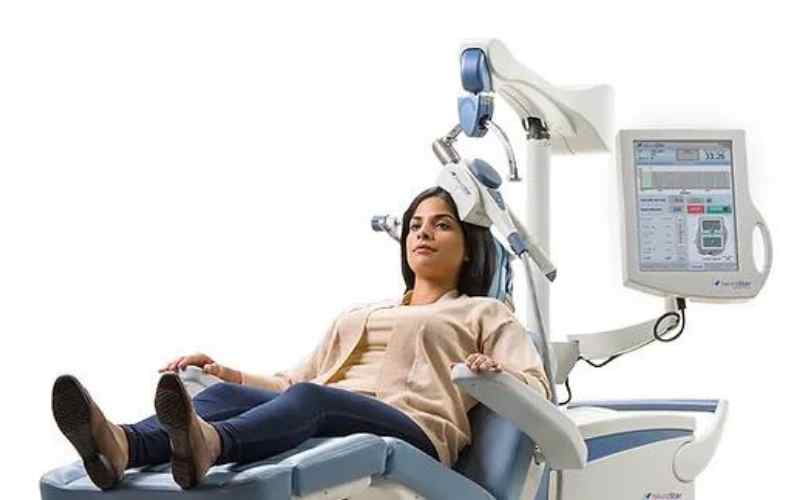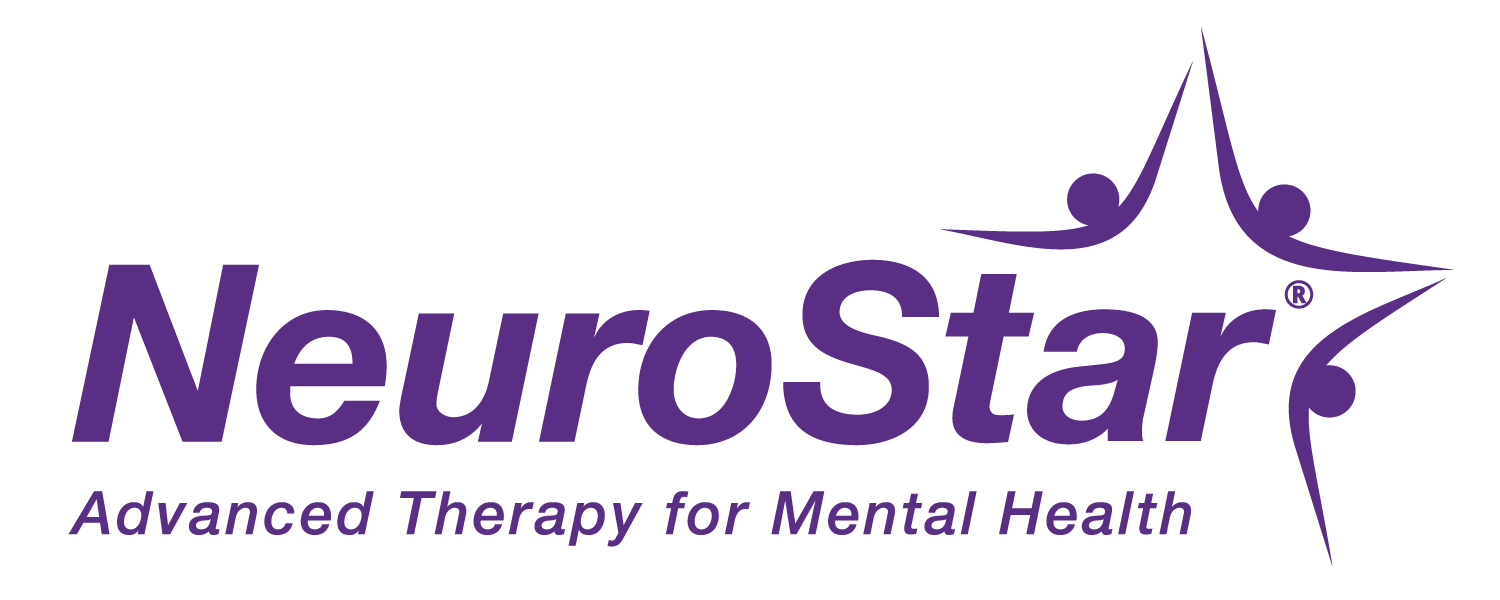Is TMS Therapy Right for You? Here’s What You Need to Know

TMS therapy, or transcranial magnetic stimulation therapy, is a non-invasive and drug-free treatment option that has gained attention as a potential solution for individuals struggling with various mental health conditions.
If you’ve been exploring alternative treatment options for depression, such as major depressive disorder, anxious depression, and obsessive-compulsive disorder, TMS therapy may be worth considering. In this blog, we’ll explore the ins and outs of TMS to help you determine if it’s the right choice for you.
Conditions Treated with TMS
TMS therapy has shown promising results in the treatment of several mental health conditions. It has been primarily used for individuals with treatment-resistant depression, where other forms of treatment, such as medication and therapy, haven’t been effective.
Benefits
One of the significant advantages of TMS therapy is that it provides a non-invasive and drug-free treatment option. Unlike medications, it directly targets the brain regions associated with mental health conditions, potentially reducing the need for long-term medication usage. Additionally, TMS generally has fewer side effects compared to other treatments, such as antidepressant medications or electroconvulsive therapy (ECT).
Who Can Benefit?
TMS is often recommended for individuals who haven’t responded well to traditional medication-based treatments or who have experienced intolerable side effects from medications. It can also be a viable option for those seeking alternative treatments for mental health conditions, especially if they prefer non-invasive approaches or want to reduce their reliance on medications.
Safety and Side Effects
TMS therapy is generally considered safe and well-tolerated. The most common side effects experienced during and after a session include mild scalp discomfort or headache, which typically resolve quickly. These side effects are temporary and generally subside as you adjust to the treatment.
TMS Therapy vs. Other Treatment Options
When considering TMS therapy, it’s important to understand how it compares to other treatment options available for mental health conditions. Unlike medication-based treatments, TMS doesn’t involve systemic drug administration, which means it may have fewer overall side effects. Additionally, TMS specifically targets the brain regions implicated in mood regulation, offering a more targeted approach.
Success Rates and Expectations
The success of TMS therapy can vary depending on individual factors, such as the nature and severity of the mental health condition being treated, as well as the specific treatment protocol used. It’s important to have realistic expectations when considering therapy. While it has shown promising results for many individuals, it may not be a complete cure for everyone.
Conclusion
SNBCare is a leading provider of innovative healthcare solutions dedicated to personalized and comprehensive care. With state-of-the-art facilities and experienced professionals, SNBCare prioritizes patient well-being and strives to improve lives through cutting-edge treatments and advanced diagnostics. Our emphasis on compassion, integrity, and excellence ensures the highest standard of care and support.

